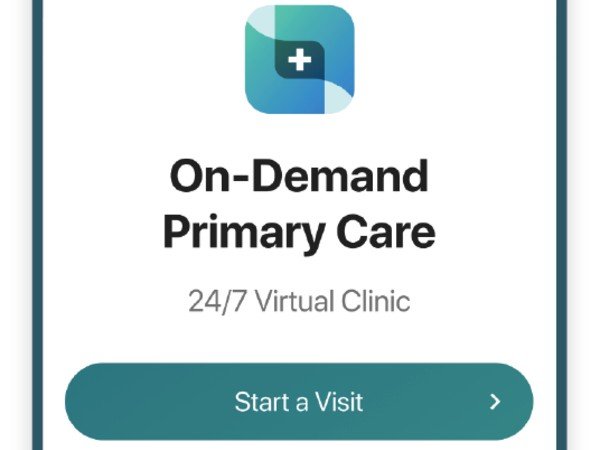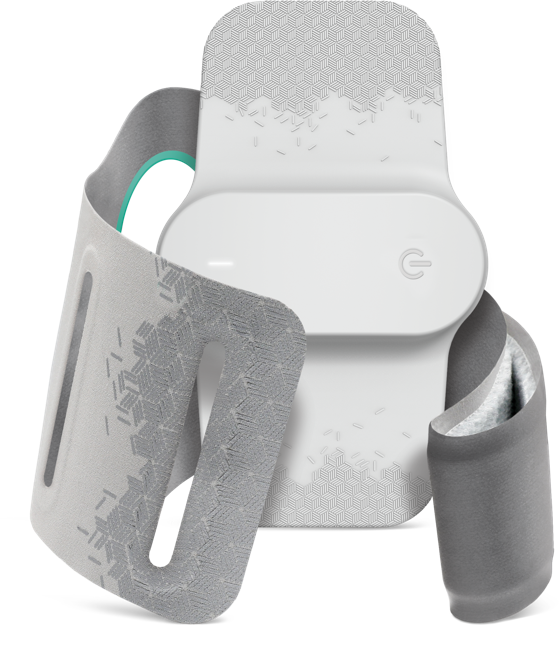
In a strange way, healthcare seems to be reverting back to a style that had gone out of fashion many years ago, with an increased amount of health taking place in the home. There are now around 12 million people who are now getting in-home care, from more than 33,000 providers, and last year the annual expenditures for home health care were projected to be over $72 billion.
This is thanks, in large part, to technology and, more specifically, to connected in-home devices that can easily collect and send data to a physicians in real-time. This allows patients to be monitored remotely, without constant trips to the doctor, and for physicians to do more timely interventions based on patterns picked up by AI and machine learning.
In June, Vator, HP and UCSF Health Hub will be holding an event centered around these devices, and how they are affecting the healthtech space. Every week until then we will be doing a roundup of some of the news around in-home devices and what some of the major tech companies are up to in this space.

Telehealth platform 98point6 raises $43M to triple its number of physicians
98point6, a provider of AI-driven virtual doctor visits, raised a $43 million Series D round of funding, though its current investors were not disclosed. The company last raised $50 million in October 2018 led by Goldman Sachs, and this latest round brings the company’s total funding to $129 million.
The company’s clinic volume has grown by more than 200 percent since the start of the year, with coronavirus-related concerns accounting for about 40 percent of all patient visits. It will use the new funding to triple the number of physicians, which currently number over 80, on its platform by the end of the year.
The funding will also be used to make improvements to its automated assistant.
Along with the funding, the company also revealed that it is launching a patient dashboard, which allows patients to see average wait times from the previous day as an indicator of what they might be on a given day. The dashboard also includes 98point6’s COVID-19 Assessment Tool, which helps patients understand if they have the virus, and what steps should be taken if they do.

Telenor, Ericsson and Sony team up for healthcare IoT
Telenor Connexion’s network, Ericsson’s IoT Accelerator platform and Sony Network Communications Europe’s smart IoT services have teamed up to provide real-time IoT location and tracking solutions for sectors, including healthcare.
Ericsson IoT Accelerator is the Ericsson’s IoT connectivity and device management platform, while Sony Network Communications Europe focuses on connectivity solutions and provides cellular connectivity and wearable tracking devices.
Use cases for Sony’s Visilion platform include the logistics and healthcare sectors where sensors can provide information about the real-time position of anything that is connected. That can include hospital equipment with healthcare IoT tracking devices such as ECG machines and hospital beds. The mSafety platform comes with wearables that can be used in the healthcare, wellness or safety sector.
“As the use of cellular technology matures, this can have a positive impact on the future of mobile health services and the safety and welfare of end-users,” Anders Strömberg, Director, Head of Wearable Platform Department, Sony Network Communications Europe, said in a statement.

Theranica launches new wearable for migraines
Theranica Bioelectronics, a bio-medical technology company developing electroceuticals for migraine and other pain conditions, announced the availability of Nerivio on UpScript’s direct-to-patient telemedicine platform. Nerivio is an FDA-authorized prescribed wearable device for the treatment of acute migraine. It is worn on the arm and uses electronic pulses controlled by a smartphone.
UpScript is a direct-to-consumer telemedicine platform that, and it is providing people who have migraines the ability to remotely connect with doctors to assess the need for a prescription and to order Nerivio directly to their homes. Patients who have already received a prescription from their own doctor can submit their prescription and order Nerivio now.
“Access to in-person medical care is an escalating challenge for many, especially in remote areas, which is why telehealth options are becoming increasingly important,” Theranica CEO and co-founder Alon Ironi said in a state,ent. “When someone is suffering from a debilitating condition like migraine, it is imperative that they can access treatment quickly. Part of Theranica’s mission is to ensure that Nerivio is both affordable and easily accessible, with the help of advanced online services like UpScript.”

Cherish Health launches COVID-19 monitoring solution
Cherish Health, a company that develops advanced sensors and artificial intelligence, launched Project SAFE@HOME, which includes wirelessly connected wearable biosensors, COVID-19-specific care pathways available under open source, and a command center model to support the care of individuals diagnosed with the virus.
Project SAFE@HOME monitors people in their home, and shares important information with care providers and health professionals. It also provides diagnostic testing, in-home oxygen, and in-home services such as nursing care, community paramedicine, and doctor consultations.
Cherish Health has also created a response team to safely transport anyone who needs emergency or hospital care to facilities prepared to provide it.
(Image source: crossfitforglory.com)
















